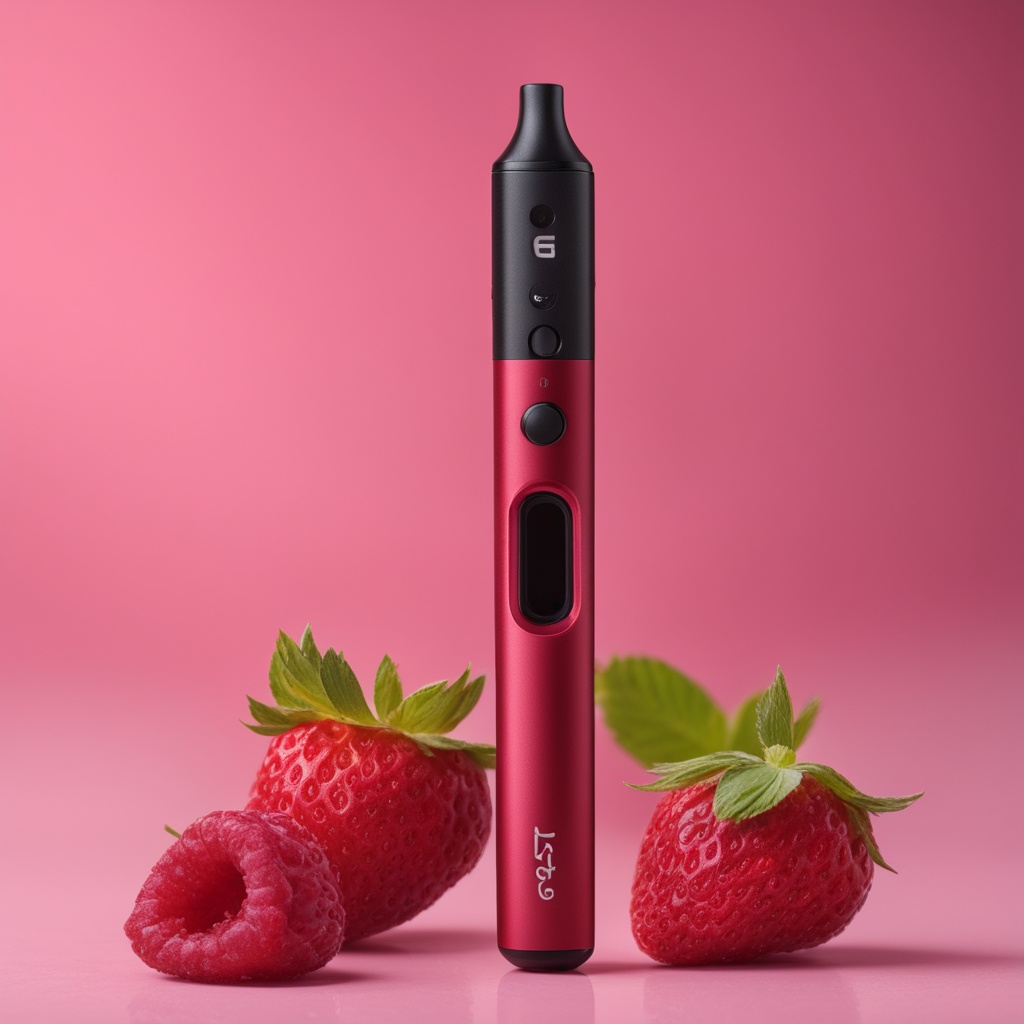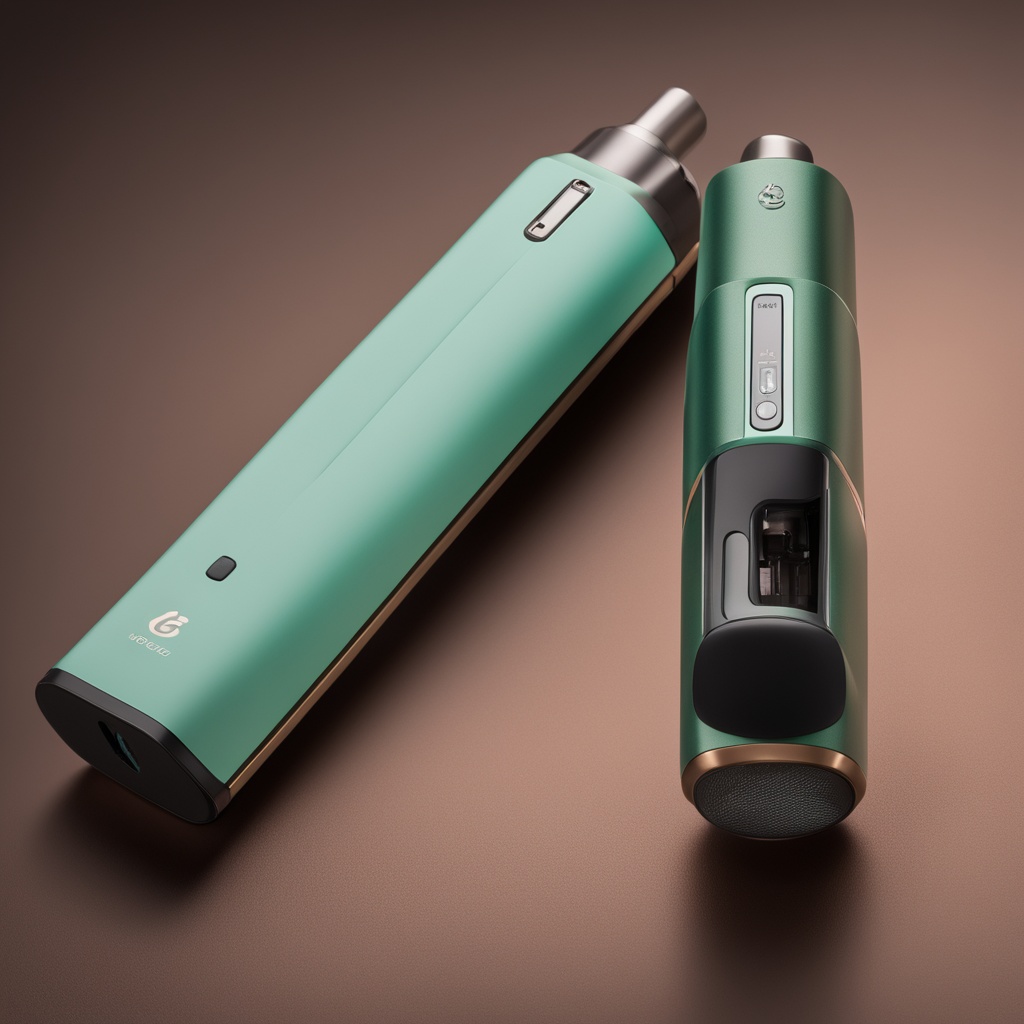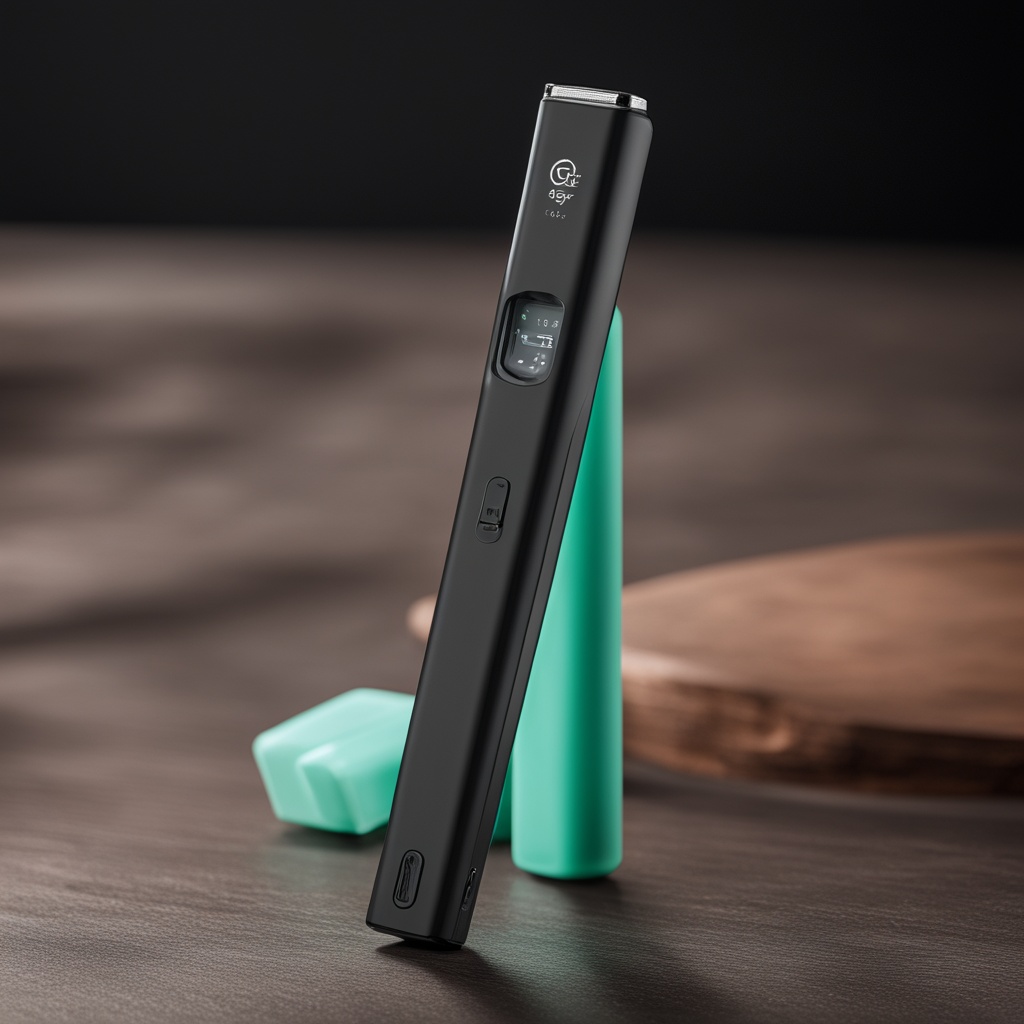
Kuz C6000 Vape Nicotine Content: What Australian Users Need to Know
The Kuz C6000 has rapidly gained popularity among Australian vaping enthusiasts, offering a sleek design and user-friendly experience. But with increasing scrutiny on nicotine-based products, many are asking: How does this device fit into Australia’s strict regulatory landscape? Let’s dive into the specifics of its nicotine content, performance, and what makes it stand out in a crowded market.
Understanding the Nicotine Delivery System
Unlike traditional refillable devices, the Kuz C6000 uses pre-filled pods containing a nicotine salt formulation. Each pod delivers approximately **6000 puffs**, with a nicotine strength of **2% (20mg/mL)**. This concentration aligns with Australia’s prescription-only requirements for nicotine-containing e-liquids. But here’s the critical question: Does this design compromise control over nicotine intake compared to adjustable devices?
Compliance with Australian Regulations
Since October 2021, Australia has enforced strict rules requiring a medical prescription to legally purchase nicotine vaping products. The Kuz C6000 operates within this framework by exclusively supplying nicotine pods through authorized pharmacies. However, debates persist:
- Are disposable devices like this encouraging unintended use among non-smokers?
- How effectively can prescriptions prevent underage access?
Key takeaway: While convenient, users must verify their pods are obtained through compliant channels.
Health Considerations and User Experience
The 2% nicotine concentration in the Kuz C6000 provides a smooth throat hit, making it appealing to former heavy smokers. Medical experts, however, emphasize: “No vaping product is risk-free, but harm reduction potential exists for transitioning smokers.” Users report:
- Consistent flavor delivery across the device’s lifespan
- No leakage issues common in cheaper disposables
- Battery life lasting 2-3 days with moderate use
Still, the lack of adjustable settings raises concerns about overconsumption, especially among new users.
Environmental Impact and Sustainability
With a **6000-puff capacity**, the Kuz C6000 generates less waste than devices requiring frequent pod replacements. But critics argue:
- Non-recyclable lithium batteries pose disposal challenges
- Plastic components contribute to landfill growth
Can manufacturers balance convenience with eco-responsibility? This remains a pressing question as disposable vapes dominate markets globally.
Cost Comparison: C6000 vs. Traditional Smoking
At AUD $35-45 per device, the Kuz C6000 appears cost-effective compared to cigarettes. However, hidden factors matter:
- Prescription fees for nicotine access
- Potential dual use with combustible tobacco
- Long-term health expense comparisons
Pro tip: Always consult healthcare providers about vaping’s role in smoking cessation programs.
Frequently Asked Questions
Q: Can I refill the Kuz C6000 pods to use my own e-liquid?
A: No. The device is designed for single-use pods only, which helps maintain nicotine concentration accuracy.
Q: How does 2% nicotine compare to cigarettes?
A: Roughly equivalent to **8-10 cigarettes per day**, but absorption rates differ significantly between smoking and vaping.
Q: Are there nicotine-free versions available?
A: Currently, the Kuz C6000 only offers nicotine-containing variants under prescription.
The Future of Disposable Vapes in Australia
As regulators debate banning disposable devices entirely, the Kuz C6000 faces an uncertain future. Medical professionals suggest:
- Stricter age verification systems
- Mandatory recycling programs
- Enhanced nicotine concentration transparency
Final thought: While convenient, users must weigh personal health goals against regulatory and environmental implications.
In conclusion, the Kuz C6000 represents both innovation and controversy in Australia’s vaping scene. Its fixed nicotine content simplifies usage but raises questions about customization and long-term public health impacts. As laws evolve, informed decision-making remains crucial for every user.








